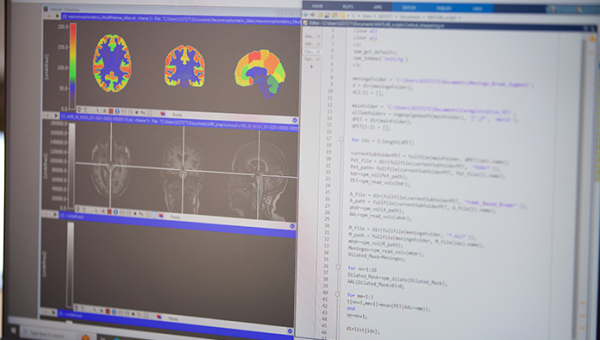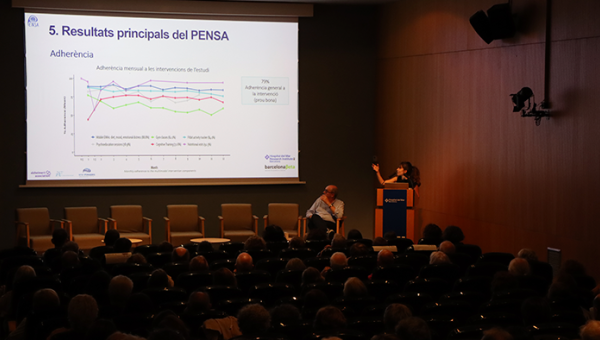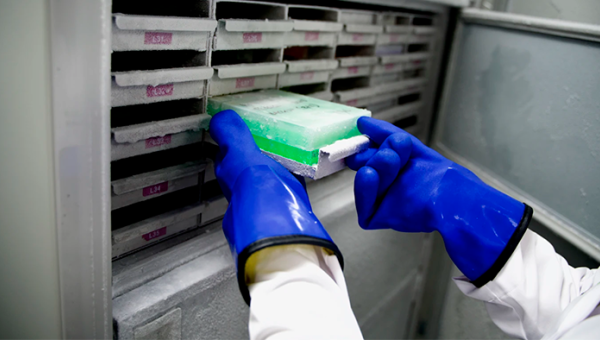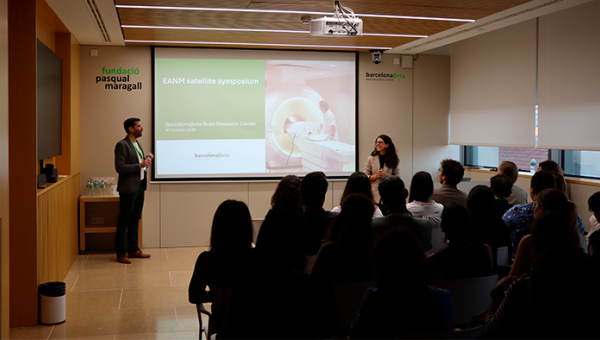Latest news on Alzheimer's
Check out the latest news about Alzheimer's disease research that we carry out at the Barcelonaβeta Brain Research Center (BBRC). Discover the advances in Alzheimer's prevention in which our scientists participate, as well as the news of the Alfa Study, dedicated to the early detection and prevention of the disease.
We present new advances in blood-based biomarkers at CTAD 2025
Dr. Gemma Salvadó presented an oral communication at the 18th edition of the conference dedicated to clinical trials on Alzheimer's disease.
Barcelonaβeta Brain Research Center and Pasqual Maragall Foundation endorse DORA and CoARA initiatives of reforming research assessment
The Barcelonaβeta Brain Research Center (BBRC) and the Pasqual Maragall Foundation join DORA and CoARA, committing to a fairer and more inclusive research assessment that values quality and impact over traditional metrics.
Anna Soteras to lead BBRC’s Clinical Operations Facility
Anna Soteras has been appointed Director of BBRC’s Clinical Operations Facility, where she will lead the co-ordination and delivery of the centre’s clinical studies.
New study reveals sex differences in cerebrospinal fluid biomarkers of Alzheimer’s disease prior to symptom onset
These findings reinforce the robustness of current CSF tools for early detection while encouraging sex-aware interpretation when tracking disease biology over time
The BBRC joins a Europe-wide project on menopause and brain health
MENOBRAIN will help uncover how menopause-related changes drive brain ageing and Alzheimer’s risk.
We are driving the development of a pioneering algorithm to anticipate the first symptoms of Alzheimer's
The ALFA10 study seeks to identify people at higher risk of developing Alzheimer's, even before the first symptoms appear
The PENSA study concludes with a farewell event for its participants
After five years of research and the participation of around one hundred volunteers, the PENSA study concludes with a closing gathering to share the study’s results with the participants.
The Pasqual Maragall Foundation announces the winners of the third edition of the Alzheimer's research grants
The two selected projects aim to promote innovative approaches to the prevention and treatment of Alzheimer's disease.
We organise an event on clinical PET in Alzheimer’s in the framework of the EANM 2025
50 people joined this satellite event with the aim of aligning clinical practice and research on amyloid, FDG and tau PET in the era of disease-modifying therapies.


















